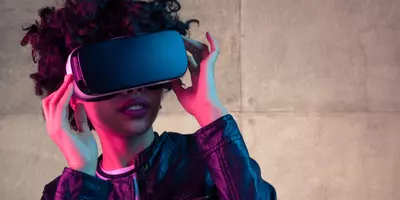
Jun 21, 2018 ● Alaina Beauchamp
Does the rise of AI spell the end for HR recruiters?
By 2025, approximately 25% of jobs are expected to be replaced by AI, according to the Boston Consulting Group. For you, the HR recruiter, does this mean your job can be replaced by robots? The short answer is: not quite. But HR recruiting trends have already drastically changed in the past decade and prove to be moving towards a greater reliance on AI.


